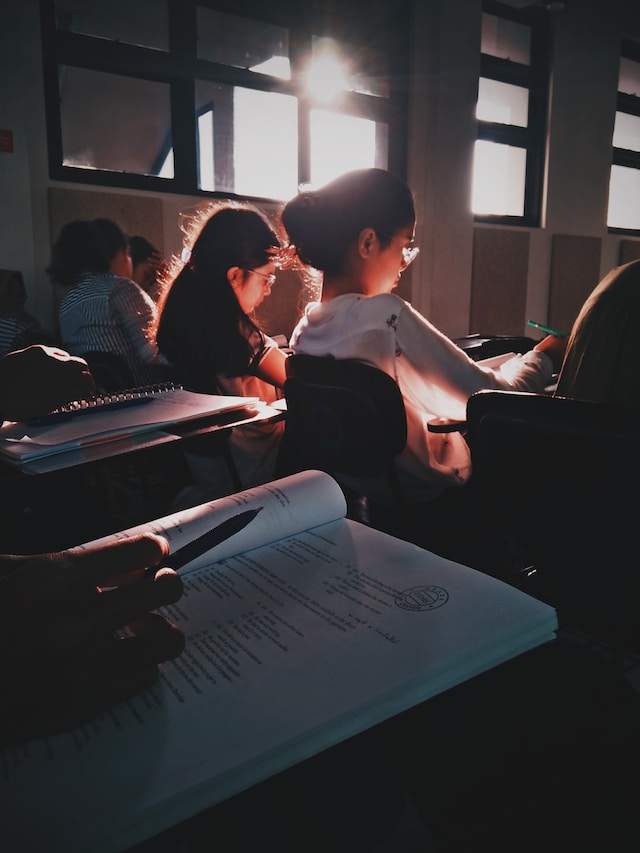Jun 10, 2023
-
tutorsLevelsSubjects
-
Services

Jun 12, 2023
 By Joshua C
By Joshua C
The 'Beast-Mode' Timetable
Warning: The 'beast-mode' timetable should only be implemented by students willing to enter 'beast-mode'. It's not fun... it's hard work! But I can guarantee you that if you follow a timetable similar to this, you will be able to look yourself in the mirror at the end of your exams and be proud that you gave it everything you could...
A few important reminders before we begin:
- Before beginning any study session make sure you have all the equipment you will need to hand → (red pen, black pen, calculator, water, paper, textbooks etc.)
- Make sure you do not have items with you that you do not need e.g. mobile phone.
- Try to print and study from hard copies of textbooks where possible—screens will tire your eyes and brain quicker.
- Ensure nothing will interrupt your focus during each session.
The timetable
First study session: 08:30 – 10:00
If I'm in a good sleeping pattern – and I should be – these are my most productive 90 minutes of the day. As such, I use them to work on something conceptually very challenging that I have to focus on very carefully to understand.
BREAK (30 mins) – Go outside and breathe some fresh air; grab a superfood (like a banana); listen to some music or watch a short episode of a series (but only if you have not been studying from a screen). Whatever you do, it is most important that you get outside for a bit of fresh air—too much screen time is not good!—a 30-minute stroll is a great option.
Second study session: 10:30 – 12:30
As this second study session is longer it is important to mix between a passive form of study (reading) and an active form of study (questions/exercises/past-papers). If you try to read for 2 hours straight you will unlikely be effective for the full 2 hours.
LUNCH (90 mins) - Eat something substantial and healthy and, once again, get some fresh air. Enjoy the break from mental exertion.
Third study session: 14:00 – 16:00
As per second study session.
BREAK (1 hour) - Grab something to eat, you're going to need it by this point.
Fourth study session (optional): 17:00 – 19:00
Depending on a number of factors like how consistently you've worked throughout the year or what age-group you fall in, this fourth and final study session may or may not prove necessary. If you do deem it necessary, then I suggest you pick something less challenging for it, as you will inevitably be more tired and less effective.
As maths comes easily to me, I might do some medium-difficulty maths questions; if you enjoy writing, you might write an English paper. Whilst your productivity might be slightly lower than at the beginning of the day, there will still be some in you if you pick the correct task, and it could be necessary to cash in on it.
EXERCISE — whenever suits best
Healthy body = Healthy mind.
This is so so important in order to not suffer from cabin-fever during these periods of extreme study.
Do some sort of physical exercise—running, yoga, swimming, weights—it doesn't matter what it is, just make sure you get your blood flowing around that whole body.
Without this you will glaze over and you will become stressed. I'll say it again: Do not underestimate its importance! It is the ultimate remedy to cabin-fever.
DINNER — whenever suits best
Relax and Bed — 23:00 (at the very latest).
Yes, you even have a few hours to relax and do what you want!
You should never be going to sleep after midnight in this crucial period. At the risk of sounding scarily like my mother: 'One hour after midnight is worth two before'.
Some Final Observations:
- This is simple a proposal for you to play with as you wish. For example, you may wish to begin the day with exercise —not a problem, each to their own.
- Total proposed study time = 7.5 hours. Remember: This is about high quality study-time. There's no merit in staring blankly at a page for 10 hours straight.
- This is a suggestion based on how I used to structure my Easter-break timetable. It's a guideline for you to take and edit at your will, so that it suits your needs. Note, if you're really behind, you even have an extra 2 hours of study you could still fit into the evening—yes, that's the beauty of starting early! At university I always did a further 2 hours in the evening, at GCSE/A-level I did not.
- How you distribute subjects across these time periods is up to you. However, it often makes sense to follow up 'reading' a certain topic with 'questions' on that same subject. For example, if you spend the morning reading about Electromagnetism, it is a good idea to then do some questions on Electromagnetism before moving onto the next subject. One thing that is important is that you don't become frustrated and unproductive with one subject. If you need to change subject to keep things interesting, then change to avoid yourself disengaging. For example, a whole day of physics might be a little too much (even for me!)
- This whole timetable revolves around being in a good sleep cycle. Some exams begin at 9am, so it is important that 8am feels like a natural time for you to wake up—which it will be once in this routine. The key to a functional 'Beast-Mode Timetable' is getting up and getting started early!
- This timetable is no different to a typical day in the professional world of work i.e. 8:30am start and 7pm finish. So, actually, it's not that crazy, is it now!?
Category
Social
Newsletter
Sign up to our newsletter to receive the latest information about our courses, tutors and services.
 JTC Education
JTC Education


